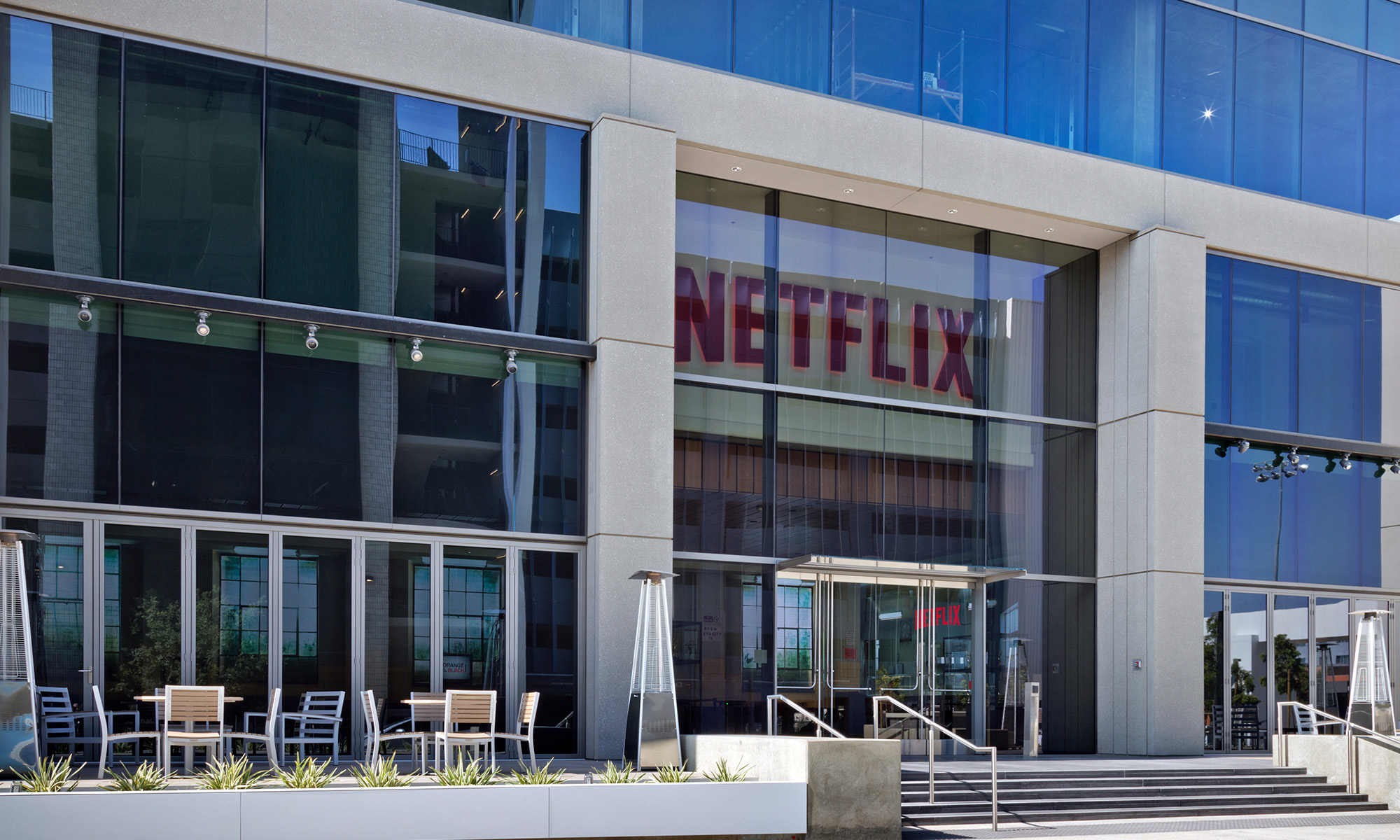Everyone's loving Netflix (NFLX +0.37%) these days.
Even the shorts are having second thoughts about their bearish wagers.
There were more than 15 million shares sold short this past summer as Netflix was bottoming out in the low $50s. Now that Netflix shares have more than tripled -- burning more than a few of those naysayers -- shares sold short have fallen to 9.7 million. It's the first time that Netflix's short interest has fallen below 10 million since March.
Burned skeptics will argue that this is a contrarian indicator. They'll point out that Netflix is ridiculously overvalued at this point. They may be right on both counts, but they are ultimately wrong about Netflix.
There's a reason that Netflix has been one of the hottest stocks since last summer. There's a reason that a service that seems so unnecessary and easy to cancel is now sitting on a record 33.3 million subscribers. There's a reason that a company with a streaming service that seems capped at a mere $7.99 a month can command an $11 billion valuation.
The bottom line is that Netflix -- as incredulous as it may seem at first -- actually has one of the healthiest moats in the business.
Taking on Netflix? Good luck
Netflix spends $2.5 billion a year on streaming rights. Amazon.com (AMZN 1.02%), its nearest rival, spends roughly $1 billion a year, according to estimates by Janney Montgomery Scott analyst Tony Wible.
Amazon isn't poor. It could certainly afford to pay up if it was worth it. It's not. Amazon will never have the 33.3 million streaming subscribers worldwide to make it financially feasible. If it were to ever begin charging for video -- something that it doesn't do now since it merely offers it as a free perk to folks paying $79 a year for Amazon Prime memberships -- its subscriber base would be puny.
After all, how much cheaper than $7.99 a month can you get when you still know that you only offer a fraction of the content that's residing in Netflix's digital vault?
It's also not just the sum of money that Netflix is willing to spend on acquiring content; nobody knows better than Netflix the content that consumers are actually viewing. Remember the catalog of member ratings on DVDs that helped Netflix make superior recommendations? Well, it's also crunching all of its data on the streaming end to make sure that it doesn't pay more for content than it has to when it's time to renew.
Oh, and let's not forget about the value proposition to studios. A TV show producer naturally wants to make money by selling streaming rights, but they also want to expose earlier seasons of current shows to as many viewers as possible. It gets them hooked, as we've seen with Mad Men, The Walking Dead, and other shows with which Netflix has been instrumental in growing audiences.
If Amazon and Netflix offered a studio a deal, which one do you think would be more valuable? Which one would be critical if exclusivity was desired?
In short, even if a company had $2.5 billion a year to spend on streaming rights, it still couldn't duplicate the Netflix model.
Beyond Amazon
Comcast (NASDAQ: CMCSK) and Netflix are passing ships. Comcast used to have more video subscribers than Netflix just two years ago.
After shedding 459,000 net subscribers in 2011 and 336,000 accounts in 2012, Comcast has fewer than 22 million video customers.
Comcast also isn't poor. It has spent a whopping $34.2 billion on acquisitions since 2009, according to Dealogic, and that includes its recent move to swallow all of NBCUniversal. It has been one of the leaders of the TV Everywhere movement, in which cable companies and broadcasters allow Comcast to offer their shows online as a retention tool. Surely Comcast could afford to spend $2.5 billion -- or more -- to acquire streaming rights for customers. As leveraged as many of the cable and satellite television providers may be, investing in streaming video would seem to make sense given the rise of Netflix and the gradual decline in premium TV.
Unfortunately for them, here's where Netflix's $7.99 a month comes in. The average Comcast video customer is paying $153.54 a month. Would Comcast be willing to cannibalize its bread-and-butter business in pursuit of a $7.99-a-month video service? Of course not.
Comcast knows that its model is on a slow but certain death spiral. Why do you think it's spending so much to own content via NBCUniversal? However, it wouldn't dare try to challenge the Netflix model head-on.
As rich as Netflix may be, Comcast commands a market cap north of $100 billion.
The great disruptor
Let's not even entertain Redbox Instant, which is launching with a small catalog of movies and tethered to the dying optical disc as a differentiator. Let's not assume that HBO, Showtime, and other premium movie channels would slash their price in half and allow stateside subscribers to stream their content without paying up for costly cable plans first.
The only company that could possibly pose a threat to Netflix would be Apple (AAPL +0.62%), but that challenge would happen years from now, after its long-rumored HDTV initiatives have the kind of scale for Apple to do to streaming video what it has done to other forms of digital media.
Then again, Apple would seem to be better served by selling the piecemeal rentals that Netflix has so far refused to offer than to take on Netflix in streaming itself. Yes, its Rolodex is thick with video producers, but that same connection hasn't really helped Amazon.
Microsoft (MSFT 0.83%) is the one that would be more than likely to take on Netflix than Apple, and that's a move that would explain why Mr. Softy is starting to acquire exclusive video content for Xbox users. It would also explain why Netflix CEO Reed Hastings left Microsoft's board last year.
However, even then Microsoft would struggle -- and not just because it's Microsoft.
The biggest hurdle for any company wanting in on this space is that Netflix has the first 33.3 million people willing to pay for streaming video. We don't know how big the market will ultimately be, but it's going to take more than lower price points and better content to woo those accounts.
Get it? Netflix's moat is healthier than you probably thought.









